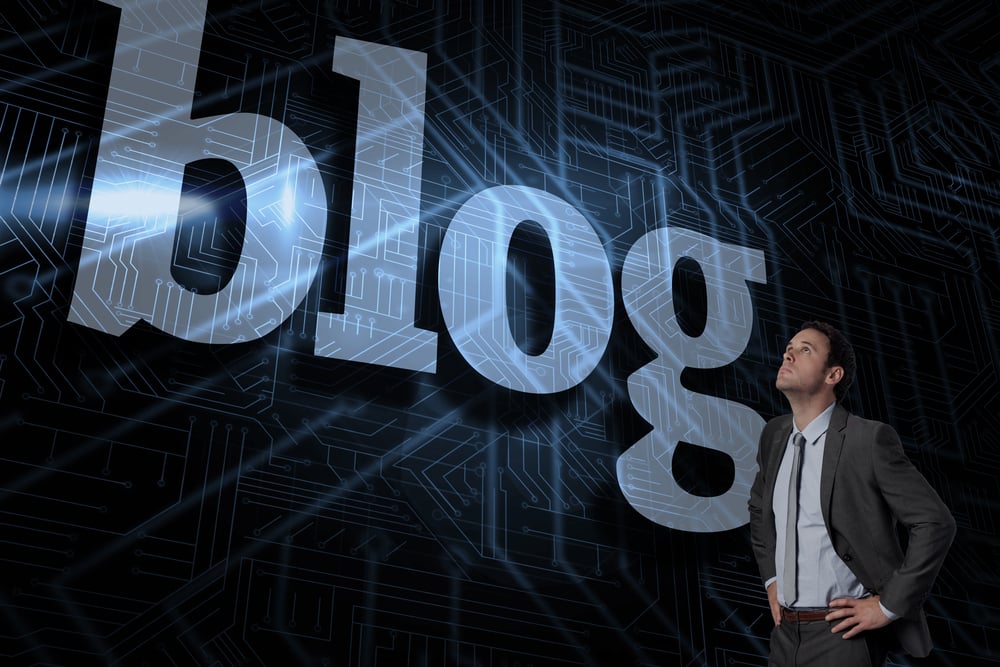Winning or losing in healthcare has taken on a more lighthearted approach since the “gamification” trend caught fire.
It’s no secret that patients don’t always follow physician instructions. However, a recent study found 42% of patients said they would be more likely to stick with instructions (and take their medication correctly), if their healthcare provider regularly encouraged or contacted them. But how are physicians, who are already juggling packed schedules, supposed to call all of their patients to remind them to take their meds on a regular basis?
Enter: Healthcare gamification. Some experts feel that turning care instructions and health monitoring into a kind of game could help healthcare providers better engage with their patients with their own healthcare regimen.
But is gamification the answer the healthcare industry has been looking for?
Why Gamification Is Powerful
Gamification has become widely popular and worked for a number of industries, including healthcare, because of certain features that deeply impact people mentally and behaviorally.
- Bottom line: Games are fun. Healthcare, on the other hand, is not always so. So when you can jazz up healthcare with some quality entertainment and positivity, that person will be more motivated to do it.
- Games play on the reward center of people’s brains with points, awards, and other achievements unique to each game. Our brains love rewards and are trained to respond accordingly. So rewarding patients for tracking their health even in a small way could encourage that habit.
- Games are interactive and can encourage people to take charge of various aspects of their healthcare.
- Injecting a little competition into something makes it more fun for many people, especially if they can compete against their family and friends. But even encouraging someone to compete with themselves for their own personal best is a powerful motivation tool.
- Many games are based around setting and achieving goals, which plays into the rewards component of games.
- Games are everywhere now thanks to smartphones, tablets, and computers! That means they’re always within reach when a patient has a few minutes to spare at the office, or waiting in line at the store.
- Video games and smartphone games have been around for awhile now, and many people play app-based games regularly.
Examples of Gamification in Healthcare
Game developers for the healthcare industry have applied gamification to all sorts of health tools. Gamification has been used to encourage:
- Diet monitoring
- Exercise tracking
- Medication management
- Medication adherence
- Physical therapy
- Chronic condition management (Ex.: diabetes)
- Cognitive assessments
- Stress reduction
- Quitting smoking/drinking/other unhealthy habits
- Health/healthcare knowledge
Thanks to all of the features of gamification that we covered above, developers have created apps as well as computer and video games that can encourage patients to engage more fully with these aspects of their healthcare.
But Does Gamification Really Work?
Some experts fear that gamification in healthcare is nothing but hype and ends up being ineffective for improving patient engagement in the long run. Others worry about the lack of gamification standards. According to one 2014 study from JIMR Serious Games, while the use of gamification principles was widespread, researchers found low adherence to any professional guidelines or industry standards.
Some healthcare experts feel that healthcare shouldn’t be trivialized in the form of a game. This could send patients the wrong message about how important providers’ care instructions actually are.
Finally, because gamification is still so new, especially within the healthcare industry, we don’t have much research to really determine how effective these games are. As more games come out and more physicians and patients experiment with them, we’ll hopefully see the amount of research go up.
The jury may still be out on gamification, but if you’re looking for a new tech-savvy way to engage with your patients, it could be worth a try. At the very least, a gamified healthcare app could keep patients’ health on their minds.
Have you tried out any gamified healthcare apps with your patients? Do you have any you’d recommend?




